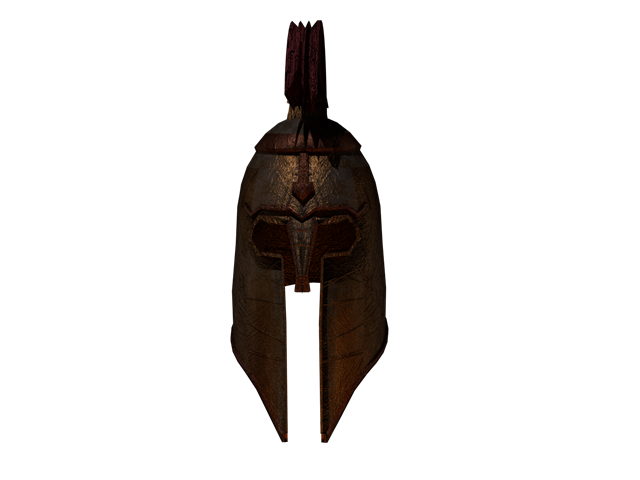Generous Heroes: Providers
 The psychologist Maslow formulated the well known theory of the hierarchy of needs, shaped like a pyramid. At first base are our basic physiological needs, such as hunger, sex, warmth and sleep. The second tier of the pyramid represents the need for safety. The third is the need to belong – to be loved. Fourth is the need for self-esteem, to feel good about ourselves and fifth is the need for self-actualisation – the altruistic need to surpass our individual needs, to become the best person we can be. When I investigated serial killers I found that most male serial killers killed for sex, the first base.
The psychologist Maslow formulated the well known theory of the hierarchy of needs, shaped like a pyramid. At first base are our basic physiological needs, such as hunger, sex, warmth and sleep. The second tier of the pyramid represents the need for safety. The third is the need to belong – to be loved. Fourth is the need for self-esteem, to feel good about ourselves and fifth is the need for self-actualisation – the altruistic need to surpass our individual needs, to become the best person we can be. When I investigated serial killers I found that most male serial killers killed for sex, the first base.
The female serial killers, on the other hand, killed for money. This is interesting and I explored the concept. A little girl recognises her father as the PROVIDER. He goes out to work, earns a salary and provides the roof over her head and brings home the bacon. So in a sense, she equates his love with money and this is also how men generally express their love to their families.
By providing. Having the home and the food and the stuff her father’s money can buy, makes her feel safe and being cared for. If in some sense her father disappointed her, or rejected her, she will always subconsciously hunt the money, as a substitute to fill the empty void which the lack of his love created in her. In some extreme cases where the father molested his daughter or abandoned her, the yearning for money as a substitute for his love and protection, may become so all consuming that she will kill for it. To women, money represents safety.
![]() Read more about: Maslow’S Hierarchy Of Needs
Read more about: Maslow’S Hierarchy Of Needs
To men, money represents status
Men feel good about themselves when they are good providers. It boosts their self-esteem. That is how I came to realise that to men money represents status – the fourth tier of Maslow’s hierarchy. Money for women represents a basic need – safety. The second tier of the pyramid. Men need sex and women need to feel safe. Men agree they would rather lose their women to another man with more money, than to a man who is better in bed.
In antiquity a man’s worth was measured by his bravery and valour. His physical strength and performance as a warrior earned him the respect and perhaps the envy of other men. Power was embedded in strength. In our age, men judge other men by their wealth. Money has become the benchmark of a man’s worth. It is the mighty magnates who rule the world, not the politicians, nor the kings.

